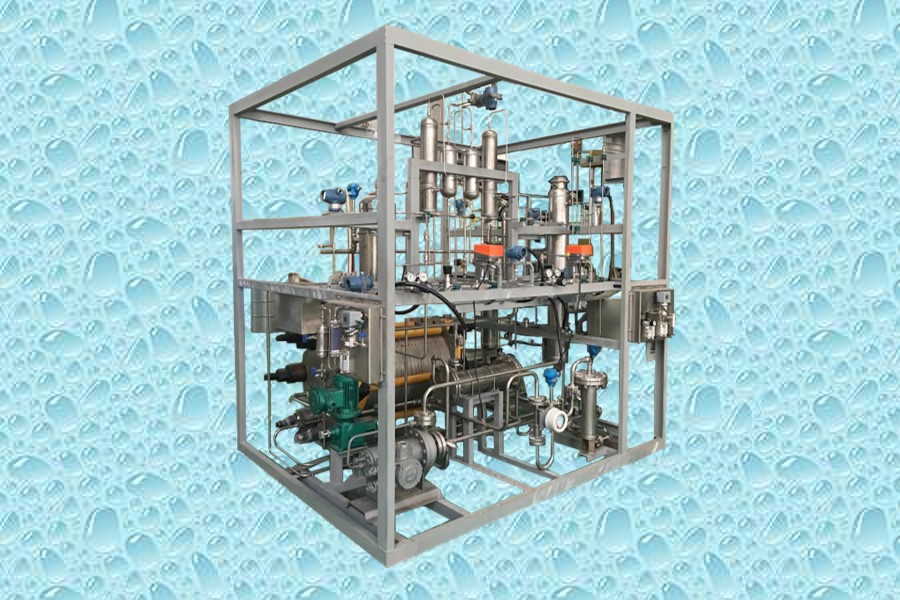How Electrolyzers Work. An Overview
This post will give an overview of how electrolyzers work. But before we delve into how electrolyzers work, we need to understand what electrolysis is. Simply, electrolysis is the process of using electricity to split water into hydrogen and oxygen. This reaction takes place in a unit called an Electrolyzer. Electrolyzers can range in size from small, appliance-size equipment to large-scale facilities.
How It Works?
Like fuel cells, electrolyzers consist of an anode and a cathode separated by an electrolyte. The reactions that take place in an electrolyzer are very similar to the reaction in fuel cells, except the reactions that occur in the anode and cathode are reversed.
Furthermore, in electrolyzers water electrolysis occurs through an electrochemical reaction that does not need external components or moving parts. It is very reliable and can produce highly pure hydrogen (> 99.999%) whilst not creating any pollution. Thus, the hydrogen produced from an electrolyzer is perfect for use with hydrogen fuel cells.
Evidently, electrolyzers offer numerous benefits, the biggest listed below.
1. They produce ultra pure Hydrogen.
2. They allow Hydrogen production directly at the location as needed without storage requirements.
3. It is a much cheaper method than gas supplied in high-pressure cylinders.
The future of electrolyzers seems very promising and electrolysis has the potential to meet the cost requirements specified by many governments around the world.
However, today’s power grid is not ideal for providing the electricity required for electrolysis because of the greenhouse gas emissions and the high fuel requirements. Therefore, we should consider the source of the electricity, its cost, efficiency as well as emissions when evaluating the economic viability of hydrogen production via electrolysis.
Also, check out our other fun blog posts to find out How to use electrolyzers to colonize Mars and how we get Hydrogen on earth! Stay tuned for more interesting facts about electrolyzers, fuel cells, Hydrogen and more!

